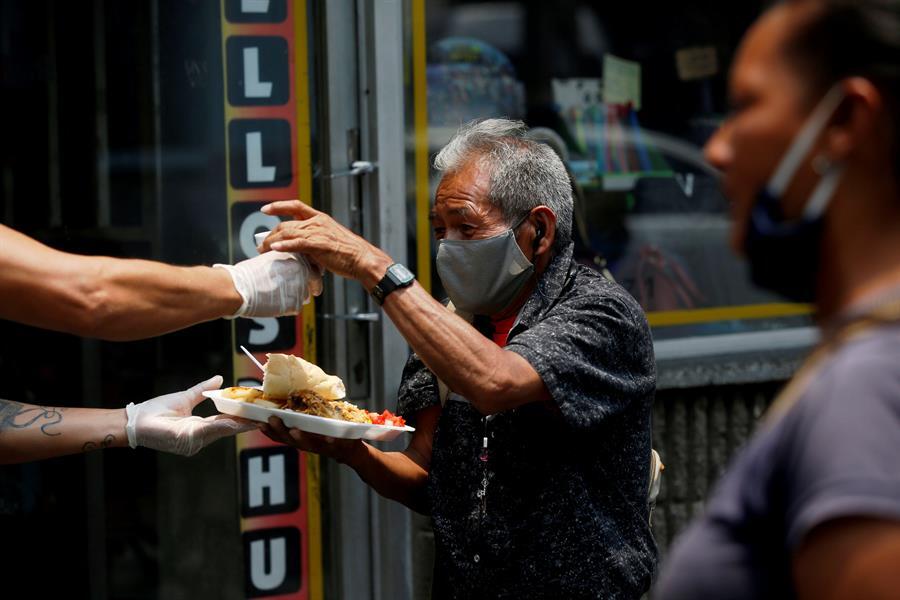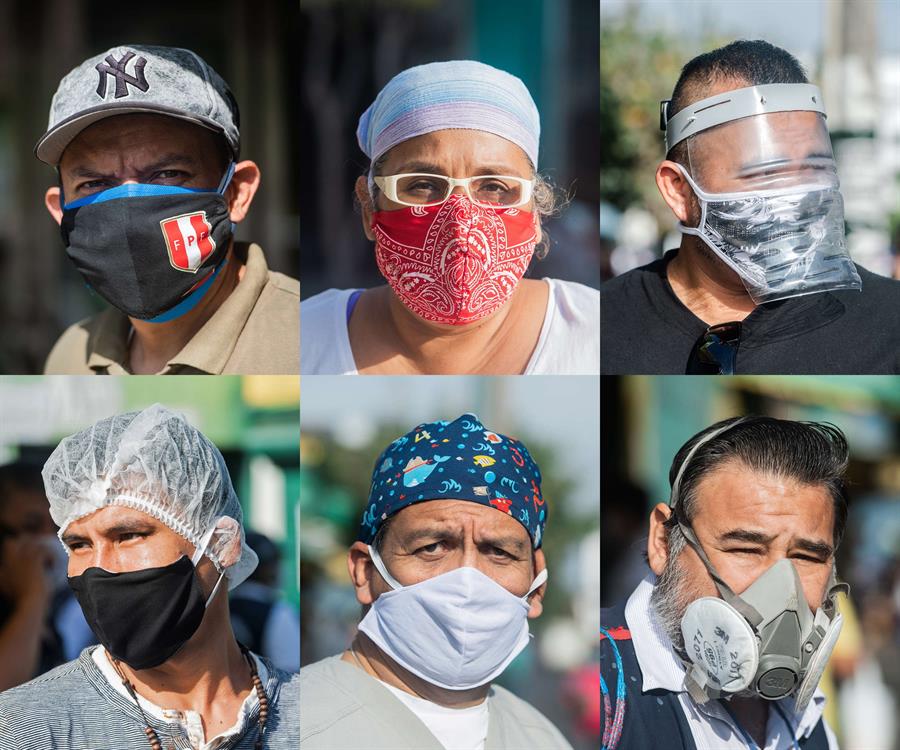
Spanish – An impending “hunger pandemic” will bring “the worst humanitarian crisis since World War II,” World Food Programme (WFP) Executive Director David Beasley warned the United Nations Security Council.
The number of starving people could exceed the number of deaths from coronaviruses at 300,000 per day within three months. “I must warn you that if we don’t prepare and act now — to secure access, avoid funding shortfalls and disruptions to trade — we could be facing multiple famines of biblical proportions within a short few months,” Beasley, who recently recovered from COVID-19, said.
We are facing a hunger pandemic @WFPchief David Beasley tells @UN Security Council.
It is critical we come together as one united global community to defeat this disease and protect the most vulnerable nations and communities from #COVID19 pic.twitter.com/1TMBGbQxNv
— World Food Programme (@WFP) April 21, 2020
Before the onset of the coronavirus pandemic, 821 million people already experienced chronic hunger, Beasley said. He also says that an additional 130 million people could be on the brink of starvation by the end of the year.
Children are particularly at risk, he adds, as lockdowns in response to the coronavirus are keeping them out of school where they typically could receive meals. There are no famines yet. However, Beasley warns that we are running out of time. He has appealed to world leaders to address this issue and provide aid quickly.
Beasley asked for 1.9 billion USD to store food for countries at risk, and an additional 350 million USD to support the World Food Programme’s humanitarian aid distribution.
He says that famine is “a very real and dangerous possibility” in at least 36 countries because of ongoing wars and conflicts, economic crises, and natural disasters.
According to the fourth annual World Food Crisis Report, the countries facing the greatest risk are Yemen, the Democratic Republic of the Congo, Afghanistan, Venezuela, Ethiopia, South Sudan, Sudan, Syria, Nigeria, and Haiti.
UN: hunger grows in Latin America, pushed by Venezuela
Many people in Venezuela were already starving because of the crisis in the country. Starvation had quadrupled from 6.2% between 2012 and 2014 to 21.2% between 2016 and 2018.
Although Africa tops this index, the situation in Venezuela has been instrumental in South America’s contribution to the growth of undernourishment around the world, according to a report by the United Nations Food and Agriculture Organization (FAO) and other UN agencies.
In 2018 alone, 42.5 million people were affected by chronic hunger, a calamity that hits Venezuela particularly hard, the UN warned.
El impacto económico del #coronavirus durante este año elevará a 265 millones el número de personas que sufren hambre grave.
Venezuela, con 9,3 millones de personas, es el cuarto país del mundo con más inseguridad alimentaria aguda. https://t.co/24RDlZGEIV
— Noticias ONU (@NoticiasONU) April 21, 2020
At the moment, the countries most at risk of famine are in the Middle East and Africa, the economic crisis in Lebanon, the wars in Syria and Yemen, and the desert locust swarms that are destroying crops in much of East Africa have put these regions at risk of mass starvation.
Now, the crisis is aggravated by the coronavirus pandemic and the economic paralysis it has caused, such as the decline in tourism and exports, the collapse of oil prices (which hits several South American nations), and any decrease in foreign aid.
WFP chief economist Arif Husain said that the economic impact of the pandemic was potentially catastrophic for millions of people “who are already hanging by a thread.” “It is a hammer blow for millions more who can only eat if they earn a wage,” he said.
“Lockdowns and global economic recession have already decimated their nest eggs. It only takes one more shock- like Covid-19 – to push them over the edge.” Husain concluded.
Finally, his director of the World Food Programme said in his call to action, “I do believe that with our expertise and our partnerships, we can bring together the teams and the programs necessary to make certain the Covid-19 pandemic does not become a human and food crisis catastrophe.”
 Versión Español
Versión Español













